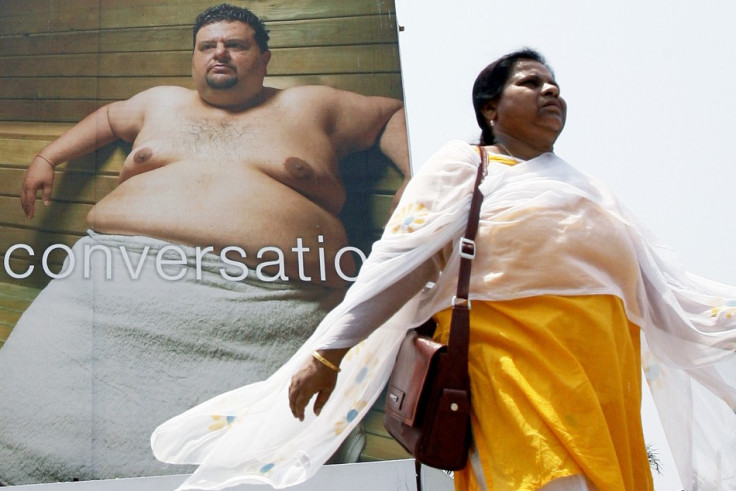Indian state imposes fat tax on foreign junk food but steers clear of local cuisine
Kerala imposes surcharge of 14.5% on food served in branded fast food restaurants.

In an attempt to curb the rising rates of obesity and diabetes, the Indian state of Kerala has imposed a fat tax on foreign junk food. The move however has been slammed by many as local Indian cuisine which also have high fat content are exempt from the surcharge.
The state, which has the country's second-highest obesity rate, is imposing a surcharge of 14.5% on burgers, pizzas, tacos and other junk food served in branded fast food restaurants. But critics say the move does not go far enough.
Zainab Gulamhusein, a dietician told the Times of India: "Why just burgers and fries? Indian food is also laden with empty calories, which give no concrete nutrition - take for instance butter chicken, dal makhni or paneer makhni or even ras malai, barfi and other Indian sweets. So really, the fat tax should cover a lot of foods."
The newspaper said that other states in India are considering similar moves if the Kerala initiative turns out to be a success. India has the third highest obesity rate globally, coming only behind the US and China. The obesity malaise is accompanied by increasing rates of diabetes and associated illnesses.
Kerala expects to raise around 100m rupees (£1.3m) from the fat tax but it is still unclear how the money raised will be spent. There have been calls for the additional revenues raised to be invested into health initiatives.
Major western fast food changes however do not have that many operations in the communist state. They have opted instead for the bigger cities and the more populous regions further north. McDonald's has only seven restaurants in Kerala while KFC has only two.
Denmark introduced the fat tax in 2011 but later conceded that it did not work as Danes opted to buy cheaper varieties of fatty foods or bought them from abroad. Denmark abandoned the fat tax two years later.
© Copyright IBTimes 2025. All rights reserved.






















